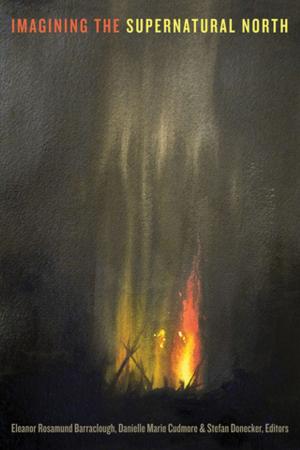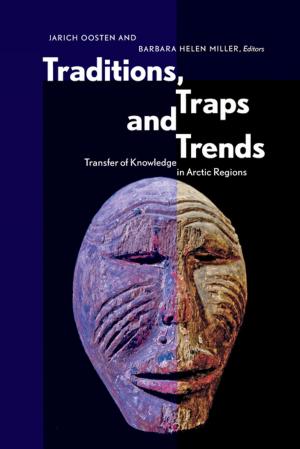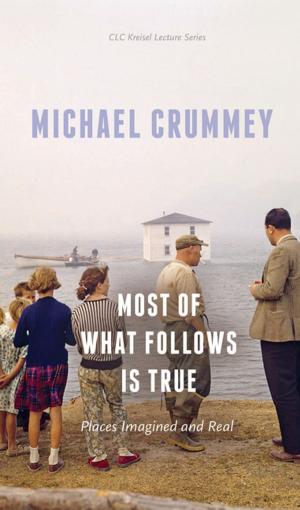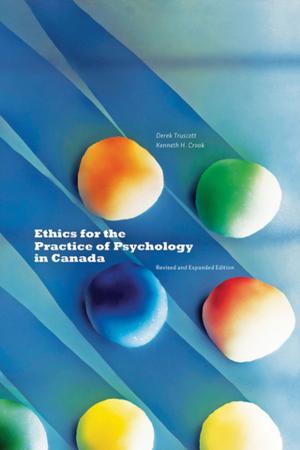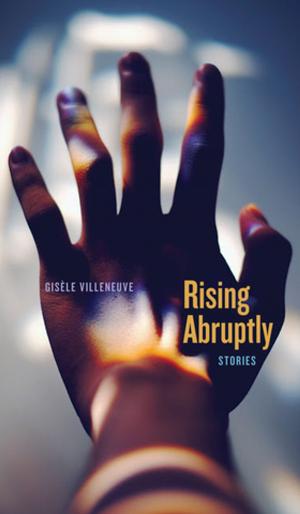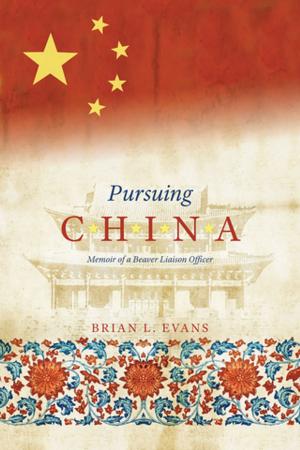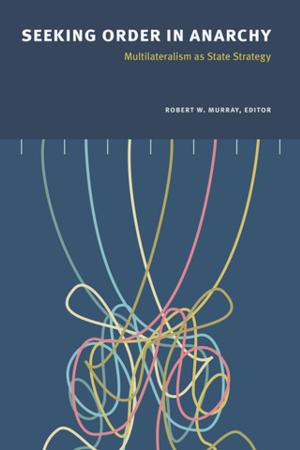From the Elephant's Back
Collected Essays & Travel Writings
Fiction & Literature, Literary Theory & Criticism, British, Essays & Letters, Essays| Author: | Lawrence Durrell | ISBN: | 9781772120592 |
| Publisher: | The University of Alberta Press | Publication: | August 16, 2015 |
| Imprint: | The University of Alberta Press | Language: | English |
| Author: | Lawrence Durrell |
| ISBN: | 9781772120592 |
| Publisher: | The University of Alberta Press |
| Publication: | August 16, 2015 |
| Imprint: | The University of Alberta Press |
| Language: | English |
“…the proverb says that whoever sees the world from the back of an elephant learns the secrets of the jungle and becomes a seer. I had to be content to become a poet.” —Lawrence Durrell Best known for his novels and travel writing, Lawrence Durrell defied easy classification within twentieth-century Modernism. His anti-authoritarian tendencies put him at odds with many contemporaries—aesthetically and politically. However, thanks to a compelling recontextualization by editor James Gifford, these thirty-eight previously unpublished and out-of-print essays and letters reveal that Durrell’s maturation as an artist was rich, complex, and subtle. Durrell fans will treasure this selection of rare nonfiction, while scholars of Durrell, Modernist literature, anti-authoritarian artists, and the Personalist movement will also appreciate Gifford’s fine editorial work. “Gifford’s scholarly command of the archives shows—especially his working intimacy with the unpublished archived words of Durrell’s editors, publishers, and collaborators. I have no doubt that this collection will serve as a starting point for any number of new critical ventures into the life and writing of Lawrence Durrell.” —Charles Sligh, University of Tennessee at Chattanooga
“…the proverb says that whoever sees the world from the back of an elephant learns the secrets of the jungle and becomes a seer. I had to be content to become a poet.” —Lawrence Durrell Best known for his novels and travel writing, Lawrence Durrell defied easy classification within twentieth-century Modernism. His anti-authoritarian tendencies put him at odds with many contemporaries—aesthetically and politically. However, thanks to a compelling recontextualization by editor James Gifford, these thirty-eight previously unpublished and out-of-print essays and letters reveal that Durrell’s maturation as an artist was rich, complex, and subtle. Durrell fans will treasure this selection of rare nonfiction, while scholars of Durrell, Modernist literature, anti-authoritarian artists, and the Personalist movement will also appreciate Gifford’s fine editorial work. “Gifford’s scholarly command of the archives shows—especially his working intimacy with the unpublished archived words of Durrell’s editors, publishers, and collaborators. I have no doubt that this collection will serve as a starting point for any number of new critical ventures into the life and writing of Lawrence Durrell.” —Charles Sligh, University of Tennessee at Chattanooga


